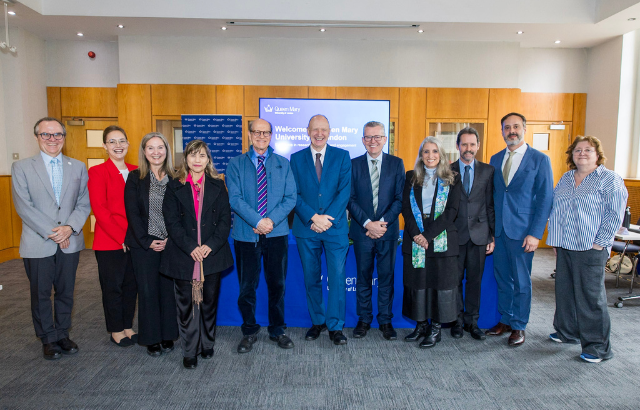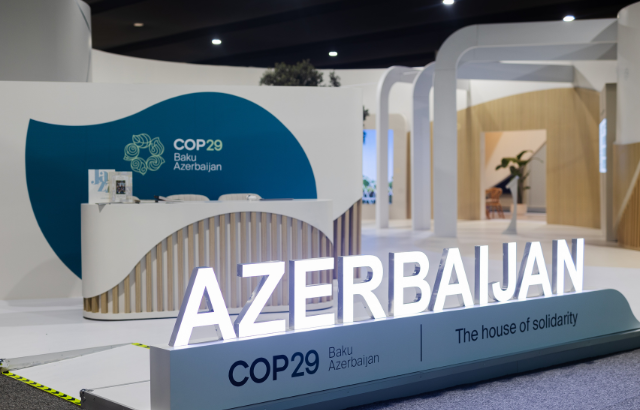Queen Mary strengthens education ties with Brazil
A Brazilian MP visited Queen Mary, University of London on a fact-finding trip to hear from current students on the Science without Borders programme, a new scholarship initiative launched by the Brazilian Government last year.

Deputado (MP) Sebastião Bala Rocha
The scheme aims to send over 100,000 Brazilian students on undergraduate sandwich courses (where students can spend a year in industry), PhD sandwich courses and PhDs to study in science, technology, engineering, mathematics and creative industries at top universities around the world.
Queen Mary currently hosts fourteen students across science and engineering as part of the Science without Borders scheme and is planning to welcome over 50 undergraduate students this September. The number of postgraduates is also expected to increase on the second round of the scheme.
Deputado (MP) Sebastião Bala Rocha represents the northern state of Amapá and is well-known for his work in education in Brazil. Accompanied by Dr Juliana Bertazzo of the Academic Section at the Brazilian Embassy, Deputado Bala Rocha met with Jeremy Kilburn, the Vice Principal for Science and Engineering, and visited the labs in the Schools of Engineering and Materials Science and Electrical Engineering and Computer Science at the Mile End campus.
Professor Jeremy Kilburn said: “I was delighted to meet Deputado Sebastião Bala Rocha and to discuss Queen Mary's strong support for the Science without Borders programme. We are looking forward to an increase in the number of students from Brazil participating in the scheme – from 14 this year to 53 next year.”
Deputado Bala Rocha met current students at QM on the Science without Borders programme - there are ten undergraduate students and four PhD students.
Commenting on his visit through an interpreter, Deputado Bala Rocha, said: “I’m very impressed not only by the quality of courses and facilities offered by Queen Mary but also the positive comments from the current students who I’ve had the pleasure of meeting today. Now that I have first-hand knowledge about Science without Borders, I’m keen to encourage more students from my home state in Brazil to take part.”
The students, most of whom are in their third year of study, will continue their education at QM until September and then return to their home institutions in Brazil to complete their studies.
Science without Borders is the first large scale mobility programme to be launched in the UK and part of the scheme is managed by UK HE International Unit (IU) on behalf of Universities UK, the partner agency for Brazilian higher education and research funding bodies. The scheme also includes opportunities for Postdoctoral researchers abroad and in Brazil, and also generous grants for senior visiting researchers collaborating with Brazilian universities and research centres.
Funding of up to 15k is provided by the Brazilian Government to QM for each undergraduate student to cover the cost of accommodation and tuition. Up to 20k per year is provided for PhD students. Every scholar joining the programme also receives roundtrip tickets, a generous stipend and other benefits. The scheme is expected to run for four years.
Related items

4 November 2024

25 October 2024
For media information, contact:
